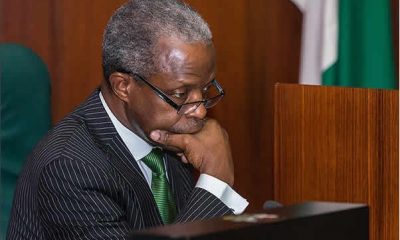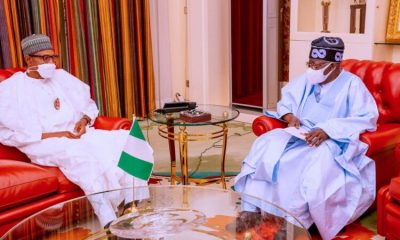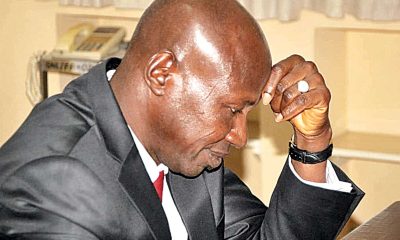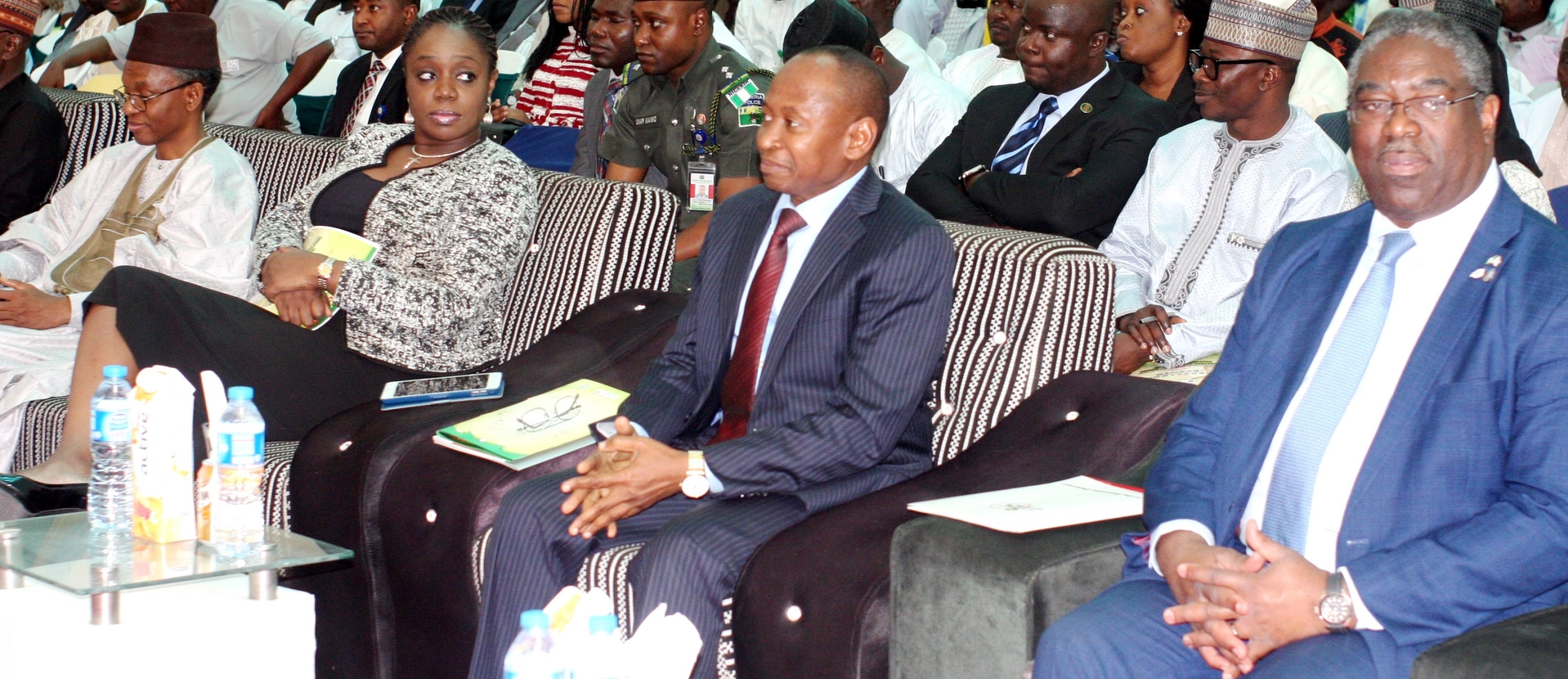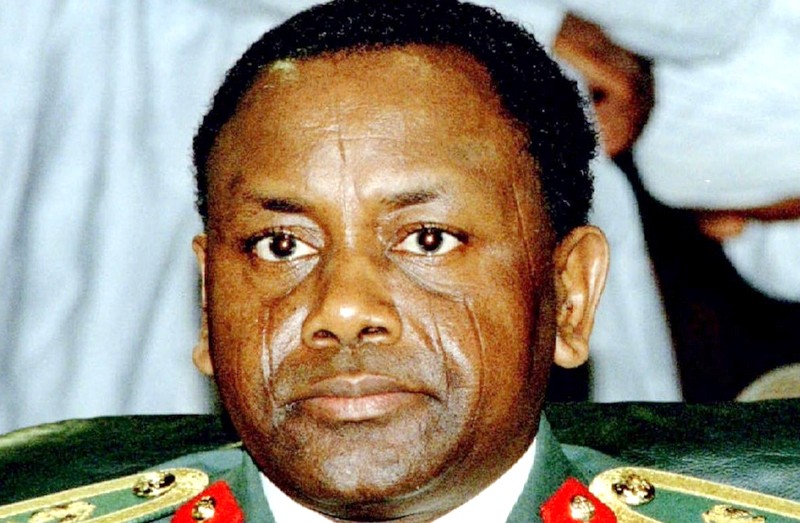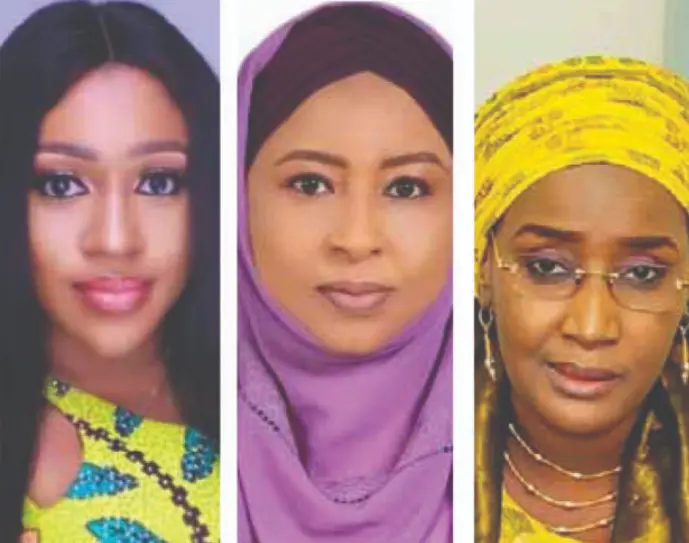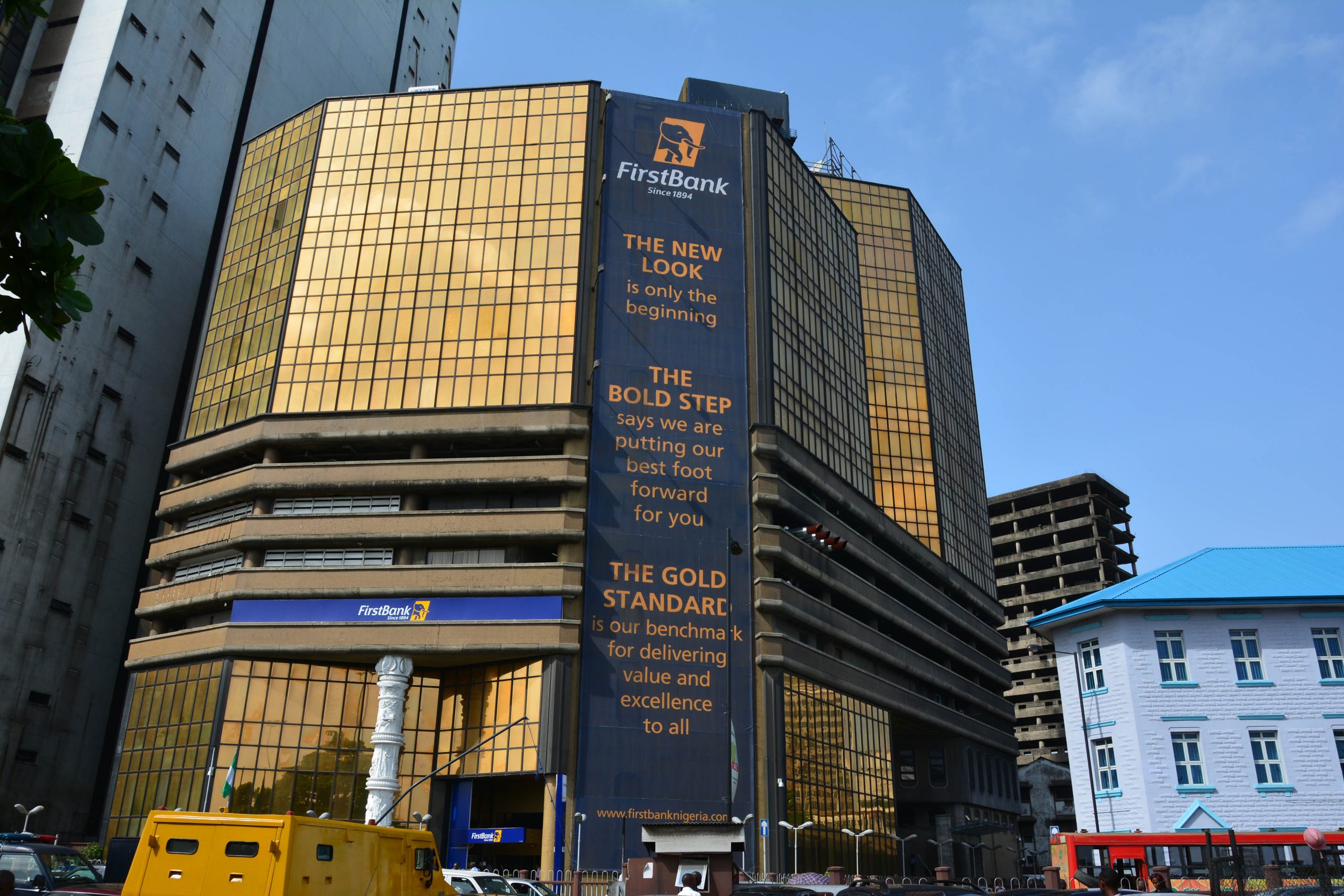In the quest to minimise the impact of inflation on Nigerians, the Buhari-led administration has through the 2020 Finance Bill, proposing the exemption of minimum wage earners from Personal Income Tax.
This was as the President Muhammadu Buhari administration tried to justify the reduction of import duties on cars, saying the government will buy locally assembled vehicles.
Buhari made these disclosures in his speech delivered virtually by Vice President Yemi Osinbajo, on Monday at the opening session of the 26th Nigerian Economic Summit Group Conference themed: “Building Partnerships for Resilience”.
And when coupled with other items in the proposed Finance Bill, and various economic policies of the Federal Government, these incentives would ensure the resilience of the Nigerian economy to exogenous shocks, according to Buhari.
According to the President, “we are proposing in the new Finance Act that those who earn minimum wage should be exempted from paying income tax.
“These provisions which complement the tax breaks given to small businesses last year will not only further stimulate the economy, but are also a fulfilment of promises made to take steps to help reduce the cost of transportation and the impact of inflation on ordinary Nigerians.”
Explaining the role of the private sector in building a resilient economy, President Buhari said “this government has always emphasized that the private sector has a key role to play in our efforts to build a more resilient and competitive economy as expressed in the Economic Recovery and Growth Plan.
“Private companies in design, construction, logistics and finance are very much engaged in our infrastructural projects in power and rail as well as road and bridges and the installation of broadband infrastructure which is an essential requirement if Nigeria is to participate actively and benefit from the 4th Industrial Revolution.”
Continuing, the President added, “…it is clear that we must diversify the economy away from dependence on crude oil exports, speed up human capital development and improve on infrastructure. Above all, our economy must be made more resilient to exogenous shocks. It is important for the private sector to play a key role as we work together to identify national priorities and try to influence our future national trajectory.”
The President also gave insights to the collaboration between the CBN, the Nigerian Sovereign Wealth Investment Authority (NSIA) and other stakeholders in the creation of an Infrastructure Company (Infraco) Fund to address some of the nation’s critical infrastructure needs.
“It goes without saying that partnerships remain essential to attract the resources for building a solid national infrastructural base. I am pleased to inform you in this regard that we are working actively with the Central Bank, Nigerian Sovereign Investment Authority and State Governments under the auspices of the National Economic Council to design and put in place a N15 trillion Infraco Fund which will be independently managed.
“The Infraco Fund will help to close the national infrastructural gap and provide a firm basis for increasing national economic productivity and growth,” the President explained.
Restating the commitment of his administration to sustaining collaborations with the private sector in addressing challenges, President Buhari said “if there is one single lesson to be learnt from the COVID-19 pandemic, it is that partnerships are essential for credible responses with lasting effects.”
His words: “Our national journey to economic prosperity is a long one, so we must all certainly work together. As we saw, partnerships were essential when we were faced with the serious challenge of combatting COVID-19.
“We saw the key role that partnerships played in our national effort to combat the COVID-19 crisis. While Federal and State Governments worked together to manage the health response and ensure the establishment of isolation centres and availability of test kits, personal protective equipment, and medicines, the private sector also played an active role as individual entities, and also worked together in groups like the Coalition Against COVID-19.”
During the speech presentation, the Vice President responded to the issue of import duties raised by some speakers at the summit. The Vice President noted that “the point of the reduction in levies on motor vehicles, commercial vehicles for transportation is to reduce the cost of transportation by reducing the cost of vehicles.”
He explained that “with subsidy removal and the increase in fuel price and the pass-through to food prices, transportation costs had to be reduced. Now the automotive policy is directed at localizing the production of vehicles. So the logic was increase the duty and levies so that local production becomes more competitive. But the annual demand for vehicles is about 720, 000 vehicles per year. Actual local production is 14,000 vehicles a year.
“So, the problem is that at current rate of production, we will not meet the serious national needs and this will just mean higher prices of vehicles and greater strain on other sectors of the economy that depend on transportation. But we are not giving up on the local auto industry.
“Two important things to note; the first is that we still have relatively high duty at 35%, so there is still a disincentive for importation. Second is that we are promoting policy that the government must buy only locally manufactured cars.”
The session of the summit had presentations by speakers including Chairman of the Nigerian Governors Forum and Governor of Ekiti State, Mr Kayode Fayemi; Governor Aminu Bello Tambuwal of Sokoto State; Chief Executive Officer of MainOne, Ms Funke Opeke; and the Chief Executive Officer of GIG Group, Mr Chidi Ajaere; among others.
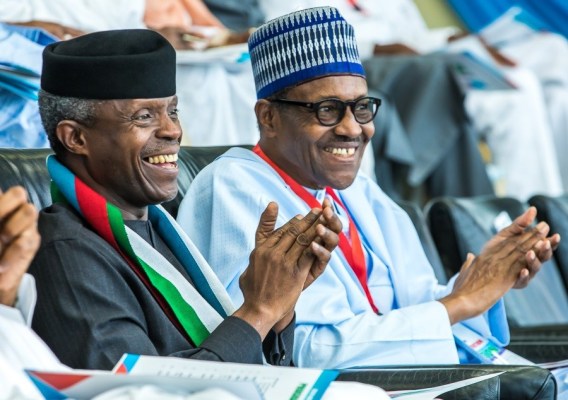

 Society6 years ago
Society6 years ago
 Society3 years ago
Society3 years ago
 Society3 years ago
Society3 years ago
 News and Report5 years ago
News and Report5 years ago
 News and Report6 years ago
News and Report6 years ago
 News and Report5 years ago
News and Report5 years ago



